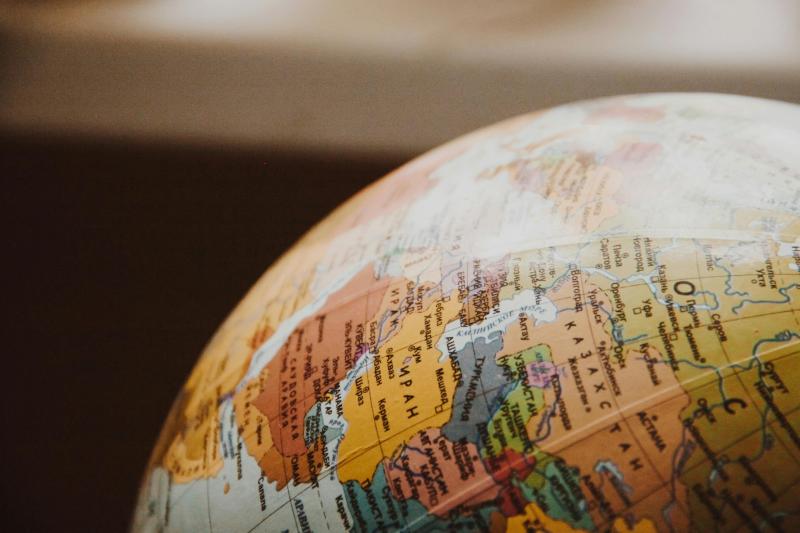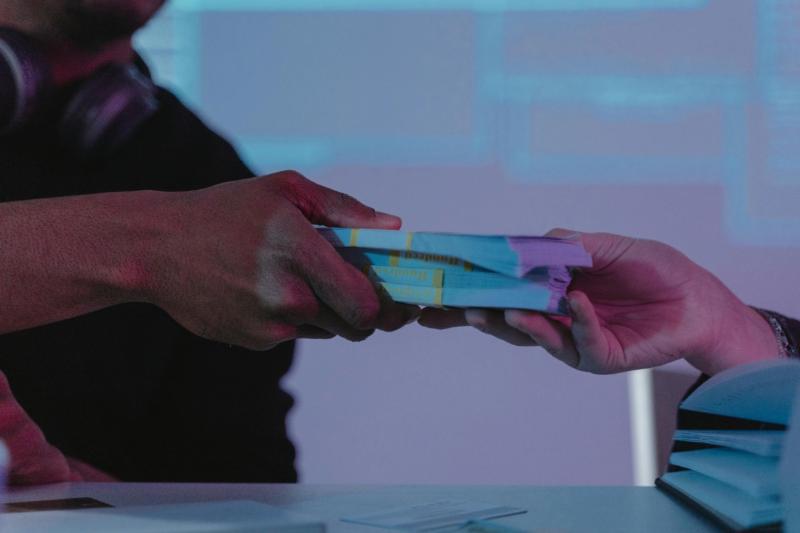It is late afternoon in the southern US. I'm in a gorgeous personal cellar, my head in my hands. I am both despondent and outraged as I stare at a bottle of 1976 Romanée-Conti. Or what would be a bottle of 1976 Romanée-Conti, if it were real. Which it is not. Nor were the other three Romanée-Contis I examined earlier. Nor the three La Tâche, three Romanée- Saint-Vivant, the Richebourg, nor the Échezeaux, all clearly counterfeit. I had authenticated 18 bottles that day, of which 12 were counterfeit. As I despair, my colleague Maureen Downey takes notes on a group of Jayers – also fakes. Another colleague is busy taking photographs of a counterfeit Roumier. We are all muttering – not always under our breath – at the sheer horror before us.
So why does this matter? With wine under threat from climate change, tariffs, neo-prohibitionists and many other threats, why does it matter? And, let's be honest, when the world seems to be aflame, with wars raging in Ukraine, Gaza, Sudan, and Myanmar, with conflict and violence extending far beyond, aren't there bigger things we should be thinking of than wine?
But - it's all linked. Today's counterfeiters are not some garagistes creating their own little versions for side income (if they ever were) but integral parts of a vast commercial criminal network, supplying drugs, arms, women – and using those revenues to deforest the Amazon, kill the last rhinos, support wars and conflict around the world. Last October, Europol arrested Aleksander Iugov, a Russian national at the heart of a sophisticated counterfeiting operation, involving Russian and Italian mafia, dishonest printers and a network of what Euronews described as "honest wine traders". (We'll come back to them.)
After Rudy Kurniawan's conviction, I spent a week looking through the physical evidence with Maureen, but – being a former accountant –also delved into his finances. It was eye-opening. Rudy was not actually living the high life, (except for what could be visibly used to entice his marks); he was sending virtually every penny to a series of Chinese bank accounts that were part of a criminal network. Similarly, auction transactions from his sales seemed incomprehensible – until I viewed them as layering.
Chinese organised crime is, according to the Brookings Institution, involved in drug and peoplesmuggling, wildlife poaching, not to mention supporting the Chinese state spying, as well as assisting Russia in Ukraine and destabilising Myanmar. Russian organised crime is known to act not only as a criminal organisation but also as a quasi-paramilitary one, supporting Putin and helping to suppress dissent in Russia and around the world.
Of course, it is not just the DRCs of this world that are being counterfeited – a Moldovan gang (with Russian links) has recently been flooding the UK with fake Yellowtail. And the thing is, when someone is faking wine, it doesn't really matter to them what goes in it. Real Yellowtail is one of the most carefully made and rigidly controlled products on the market. A fake? Could be anything.
And this is where we get back to those "honest wine traders". Because – whether it's a corner shop buying "Yellowtail" or a fine wine merchant being less than diligent about sourcing, I have to take issue with the idea of them being honest. Yes, honest people make mistakes. They learn, they put systems in place to stop them recurring. They train their staff; they research provenance. And they never, ever get complacent. Who are they? Thankfully, many. To name a few: Bonhams; Berry Bros. & Rudd; Corney & Barrow; Davis Hart; K&L.
But some are too lazy, greedy, negligent, (wilfully) ignorant. Sometimes, complicit. The vendors who bought from Aleksander Iugov knew they were not getting DRC through an official channel. They knew, and they decided to buy anyway. Because the profits are so high, and the risks, to them, so low.
And the risks to us? That a shining star of the wine world loses its lustre, because people just do not trust it enough to buy it. That the hope of one day trying a dream wine is lost, either because the liquid in the glass is such a disappointment or because you no longer believe it will be what it says.
This should matter to us all. As we finished with our client a few days later, he opened a (real) 2001 Rousseau Chambertin. It was a mesmerising experience. It is those moments, those truly special moments, that we should all seek. And although, for me, that's rarely a Rousseau Chambertin, the integrity of the story and of the wine in the bottle matter to the integrity of our industry and of our souls.

Bottled Lies
Siobhan Turner MW investigates the geopolitical ramifications of an illicit trade in counterfeit wine.

Siobhan Turner MW









.png)









